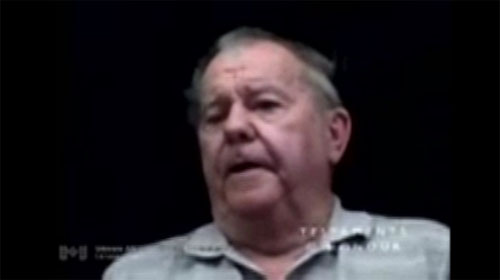Japanese Prisoners of War
Heroes Remember
Japanese Prisoners of War
Well we had a pretty good life you know, we, we, we were like on
loan to the Americans so we, every once and a while, we got a
little treat. Some ice cream or something
that the Americans were getting.
Interviewer: Americans always had everything didn't they?
Yeah they did. But we had a lot compared to the Australians.
There were Australians up in the same area we were and they
became very good friends, I became very good friends with some
Australians. And we said we'd meet when I got back down to
Sydney, and you get down there and call someone up or get in
touch with them somehow and, "Let's go out to dinner", and "No",
he couldn't go out to dinner. "Why?" " I can't afford it."
"That's alright I got the money."
"No, if I can't pay my way I don't go." And that's the way they
were, but they're great people. And they're great gamblers.
My Heavens they'd gamble on anything.
Interviewer: Would they?
Oh yeah. A guy is dying over in the, in the, one bed in the
hospital and they're taking bets on what day he's gonna pass out.
They never did, but I saw Japanese who were taken prisoners and
marched right in front of me, the Americans took
them prisoners and they were...
Interviewer: What were they like, what are your memories?
Well, I think they're like everything else we see, it wasn't
very good for them if they stepped out of line. They had to keep
in line. And the Americans were much the same as the Japanese
were, I guess, when they were took prisoners.
If they stepped out of line, look out.
Related Videos
- Date modified:




